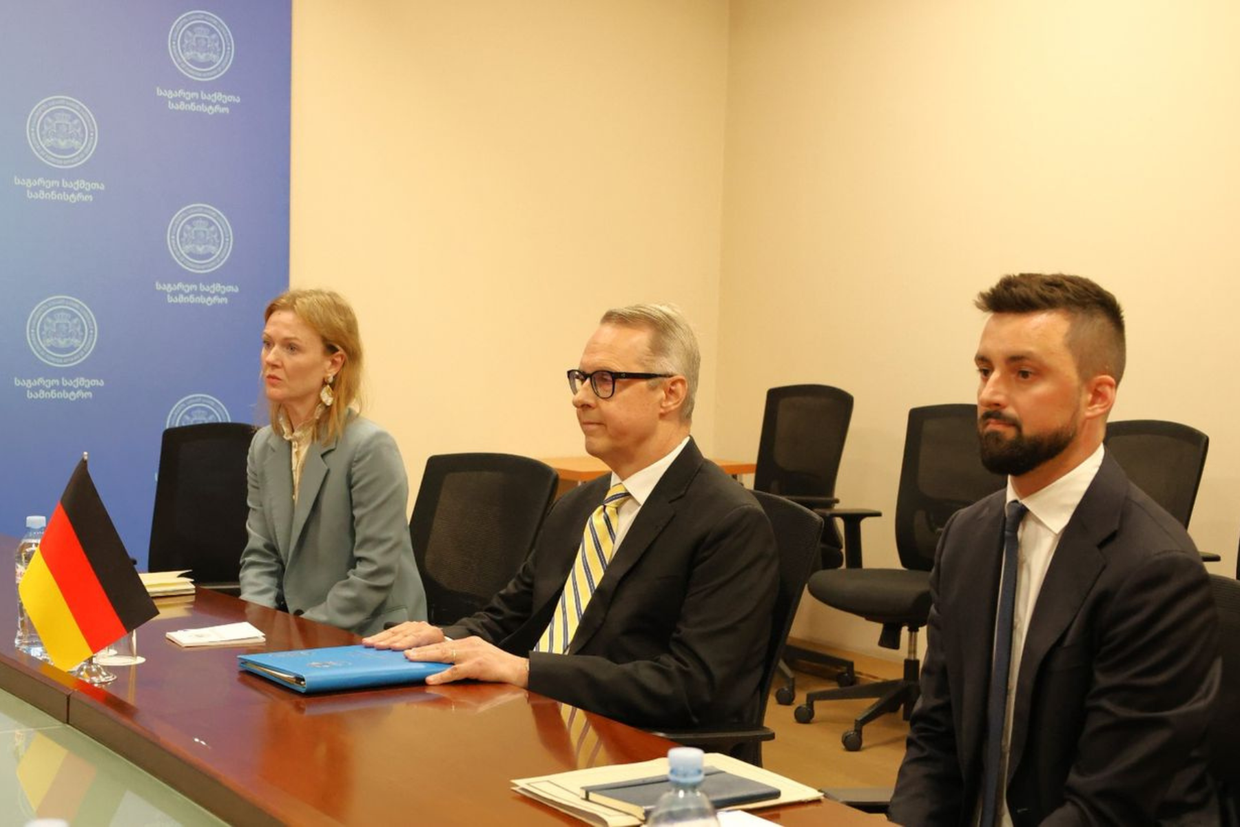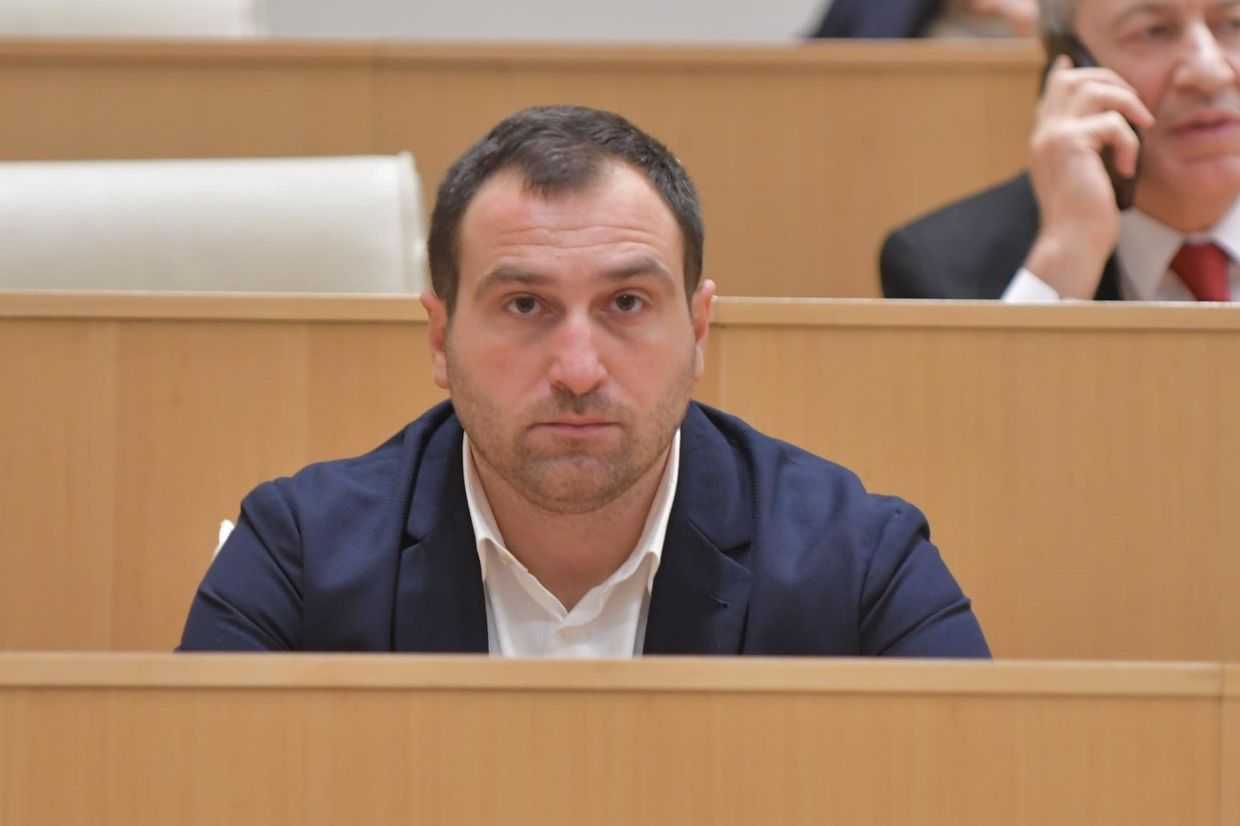Germany summons Georgian envoy over aggressive rhetoric against Berlin’s own ambassador in Tbilisi

Germany has summoned Georgia’s Chargé d’Affaires over the Georgian Dream government’s aggressive rhetoric about its own Ambassador to Georgia, Peter Fischer, who was summoned by the Georgian Foreign Ministry just a week prior over ‘radicalisation’ concerns.
Germany’s Foreign Ministry announced that it had summoned Georgia’s envoy on Thursday.
‘We conveyed a clear message: the unfounded accusations and aggressive rhetoric by Georgian authorities against the German Ambassador in Tbilisi are unacceptable and must stop’, the ministry’s brief statement on X read.
The summons came a week after Georgia had summoned Ambassador Fischer for allegedly interfering in state affairs, including encouraging a ‘radical agenda’ in the country. The summons follows an ongoing escalation in negative rhetoric from the Georgian Dream government against Western ambassadors.
Fischer, an outspoken critic of the government in Georgia, has been subject to repeated criticism and attacks by senior members of the ruling Georgian Dream party against the backdrop of daily anti-government protests.
At the time of his summoning in late September, Germany’s Foreign Ministry stated that it rejected the ‘continuing aggressive rhetoric by representatives of […] Georgian Dream towards’ Fischer.
‘He represents the position of the federal government and acts in full compliance with the Vienna Convention’, the ministry stated.
Earlier, on 16 September, Prime Minister Irakli Kobakhidze claimed that a ‘large part of [EU] ambassadors present themselves to Georgian society as ambassadors of hatred’, specifically singling out Dutch Ambassador Meline Arakelian, who had met with the now-detained opposition politician Elene Khoshtaria before she was arrested for writing ‘Russian Dream’ on a Georgian Dream election banner.
‘This is a gross violation of the Vienna Convention, direct interference in democratic elections, and such behaviour is unbecoming of any ambassador’, Kobakhidze said of Arakelian.
The criticism was repeated by Papuashvili, who called Khoshtaria an ‘extremist politician’ on Tuesday, and accused Arakelian of ‘encourag[ing] extremism in Georgia’.
Following this, the embassies of 26 European countries in Georgia, as well as the EU Embassy, issued a joint statement condemning ‘disinformation’ about their work in the country.











